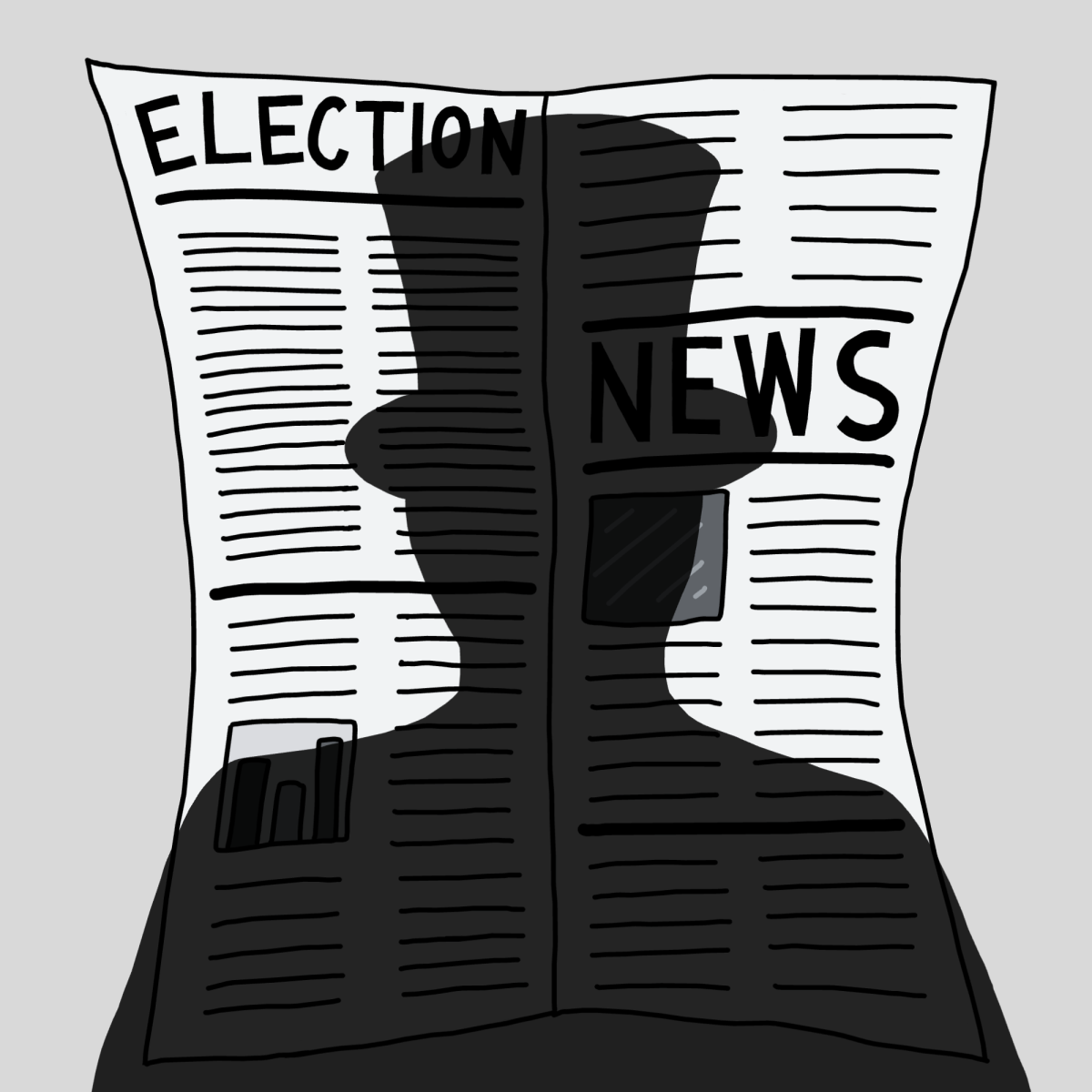As the heavily anticipated presidential election grew closer and closer, avid news readers across the nation anxiously awaited word from their favorite national newspapers as to who they would endorse with regards to the two divisive candidates. With only a few days left, several newspapers suddenly announced that their editorial boards would not be endorsing a candidate, a break from a decades-long tradition.
Readers of prominent and well-established newspapers, such as The Washington Post and the Los Angeles Times, immediately responded with dismay and condemnation at the unexpected announcement. Both newspapers quickly assured its readers that the decision was not made solely at the behest of their owners, although they did admit that the owners did have influence on the sudden change. Despite the public stances of both newspapers and a column in The Washington Post written by billionaire owner Jeff Bezos defending the move as a “principled stand,” an interview conducted by the National Public Radio revealed that reporters at The Washington Post claim otherwise.
The sudden departure from a long-standing tradition by respected news companies is indicative of the growing influence held by owners of such companies. Billionaires like Jeff Bezos of The Washington Post and Patrick Soon-Shiong of the Los Angeles Times have both used their wealth to purchase institutions that provide an essential source of news to the American public, and their influence on their acquisitions is a direct threat to the democratization of unbiased information.
In order for the “fourth estate” to remain a credible source of news and safeguard against tyranny, readers must leverage their financial support of companies owned by billionaires to emphasize the importance of a free and unbiased press that is not influenced by owners for their own personal gain.
Newspapers being controlled by their owners is not a new phenomenon. The Spanish-American War began in part by the influences of Joseph Pulitzer and William Randolph Hearst, men who both owned major newspapers at the time. The two owners’ respective influences on their news companies established them as the first media moguls, and their manipulation of objective facts through biased reporting incited the war, leaving a permanent stain on the history of journalism as a whole.
Although not technically media moguls as they did not make their fortunes in journalism, both Bezos and Soon-Shiong have entered positions of power in the media world that gives them substantial influence in what and how news is reported. According to Marty Baron, the former executive editor of The Washington Post, Bezos’ intervention into the practices of the editorial board is indicative of the establishment’s vulnerability due to vested interests.
Bezos’ influences are primarily brought about by his numerous business ventures that rely on government contracts and favorability, which has recently made him susceptible to the will of the president-elect. The need to avoid damaging a relationship with the future president is likely what motivated Bezos to pressure the Post into not showing clear support toward a candidate.
The degradation of the vital pillars in unbiased reporting not only negatively impacts citizens across the country but also the reporters who work for the newspapers. Many former subscribers to both the Los Angeles Times and The Washington Post have since rescinded their support, as acknowledged by the Times. Although the revocation of financial support toward the institutions sends a clear message of condemnation regarding their decision, it ultimately hurts the reporters and the establishment and not the business interests of the owners who are responsible for the bias.
In order for the press to remain free of political and financial bias, owners must be held accountable for how they influence the media companies they own. While boycotting the institutions influenced by their owners is ineffective and actively detrimental to the reporters, it is still vital that billionaires’ practices are held accountable. Choosing to boycott the corporations that support the billionaires instead of their publications sends a clear message of denouncing their influence on journalism, but it does not cause more damage to journalistic efforts.


